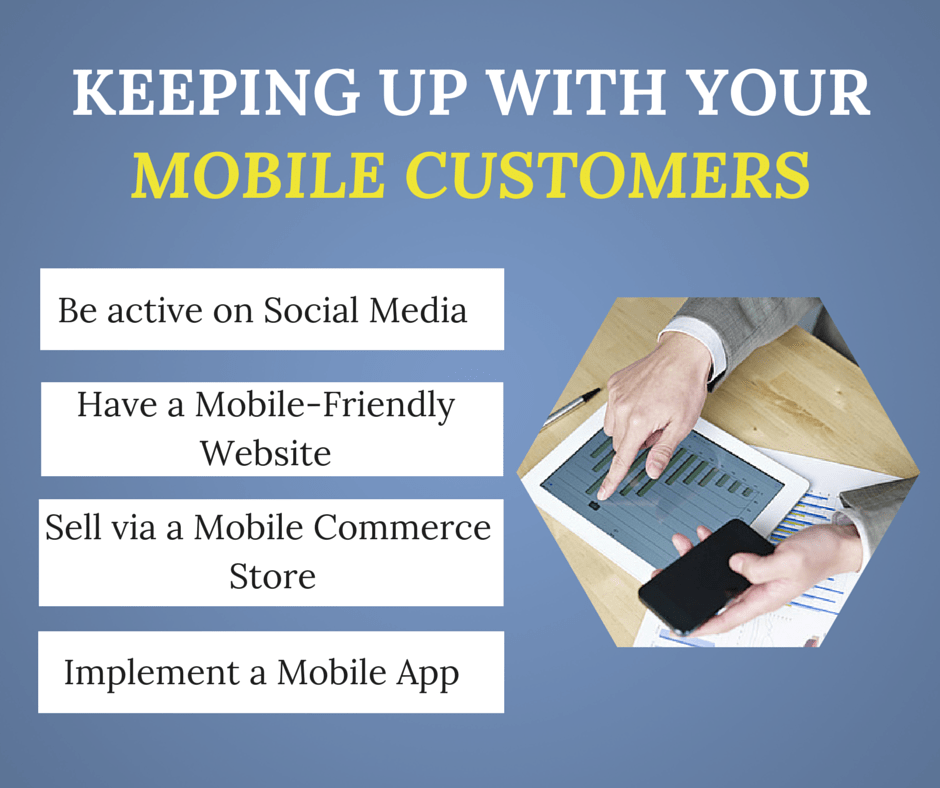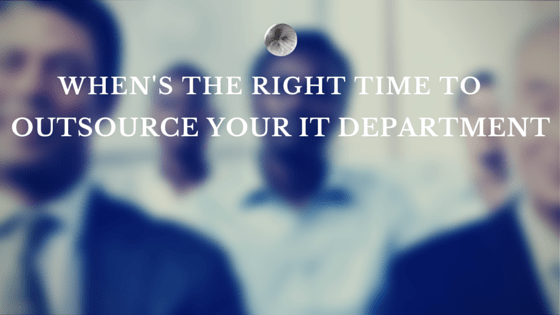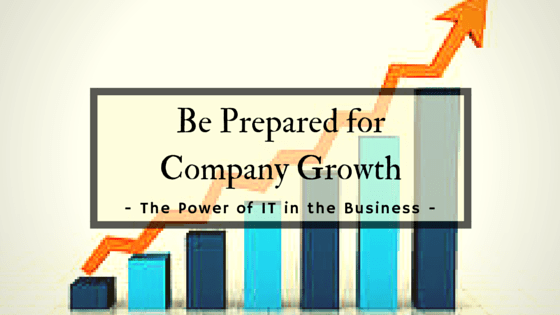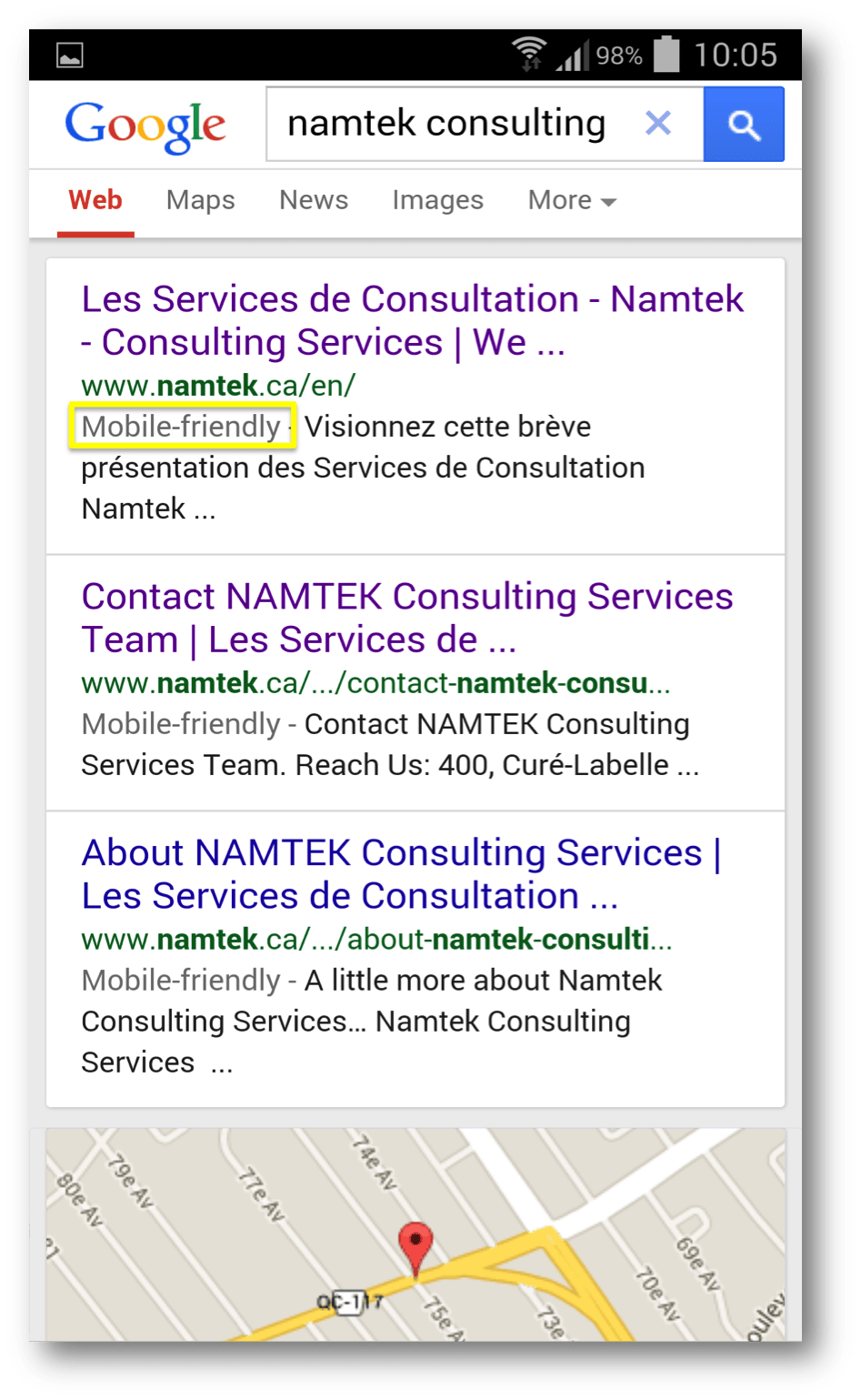 Mobile consumers are without a doubt quickly becoming a dominant force in many industries. These consumers are browsing, buying, interacting, and visiting different websites via their smartphones or tablets. This is why businesses as of late are trying to keep up and offer mobile sites and apps to accommodate to this growing mobile consumer market. By giving them the choice and convenience they are expecting, your business will be able to keep up with this mobile trend, which will eventually allow you to target a larger consumer market and increase sales and customers. Read more
Mobile consumers are without a doubt quickly becoming a dominant force in many industries. These consumers are browsing, buying, interacting, and visiting different websites via their smartphones or tablets. This is why businesses as of late are trying to keep up and offer mobile sites and apps to accommodate to this growing mobile consumer market. By giving them the choice and convenience they are expecting, your business will be able to keep up with this mobile trend, which will eventually allow you to target a larger consumer market and increase sales and customers. Read more
An ERP Implementation phase is typically the time period in which mistakes happen and panic and fear begin to creep up amongst business executives and employees. Often times, we hear nightmarish stories about IT implementations; either because the implementation went over-budget, above and beyond the expected timeframe or it was too complex and quickly resisted by the company employees.
In today’s article, we will share 4 mistakes that should be avoided in order to have a successful ERP implementation. Read more
 Today, due to the emergence of the ‘Cloud’, remote working, changing IT environments, etc., contracted IT Service Providers have been slowly replacing the need for an in-house IT department. Many business executives face the dilemma of either keeping (or hiring) an in-house IT team or outsourcing IT professionals. Of course this question depends on your IT and business needs and you would need to sit down with an IT consultant prior to making any final decision. However, below are a few signals to look for when trying to make this decision, as mentioned in IT World Canada. Read more
Today, due to the emergence of the ‘Cloud’, remote working, changing IT environments, etc., contracted IT Service Providers have been slowly replacing the need for an in-house IT department. Many business executives face the dilemma of either keeping (or hiring) an in-house IT team or outsourcing IT professionals. Of course this question depends on your IT and business needs and you would need to sit down with an IT consultant prior to making any final decision. However, below are a few signals to look for when trying to make this decision, as mentioned in IT World Canada. Read more
Check out the infographic below on the positive effects that IT software solutions have on customer experiences. Read more
 It’s always difficult to know what your business needs in terms of IT software without having seen or tested other systems. On top of this, we are all creatures of habit; once we get used to working a certain way, we do not question it, as it becomes second nature. However, this can be detrimental to a business. Only once a company begins to experience growth, expansion or a rapid sales increase, do they realize there is too much inefficiency that can prevent them from growing. More often than not, it is those companies that have not upgraded or changed their legacy system in years, or have no system at all, that will be affected the most. Read more
It’s always difficult to know what your business needs in terms of IT software without having seen or tested other systems. On top of this, we are all creatures of habit; once we get used to working a certain way, we do not question it, as it becomes second nature. However, this can be detrimental to a business. Only once a company begins to experience growth, expansion or a rapid sales increase, do they realize there is too much inefficiency that can prevent them from growing. More often than not, it is those companies that have not upgraded or changed their legacy system in years, or have no system at all, that will be affected the most. Read more
There comes a time when you realize your business needs more in terms of software. Perhaps so far your team has been using many separate smaller software systems for each different department; one system for Accounting, one for Sales (CRM), etc. However, as the company begins to grow, it’s time to implement one integrated system for the entire company. In that case, employees will be able to communicate with each other and work with the same real-time data. Business processes will be streamlined and many tasks will be automated. Read more
Check out an infographic on eCommerce and mobile Commerce Stores, created by our team. Learn about the importance of implementing an eStore for all those online and mobile consumers who love to browse and shop from their desktop computers or mobile devices at any time of the day.
Not sure if your business is running as efficiently as possible? Request a FREE one-on-one consultation session with our in-house experts.
 Google Update: On April 21st, 2015, there will be a change to Google’s algorithm. ‘Mobile-friendliness’ will be a ranking signal in Google’s search results. According to Google, this change will take effect after much research showed that large numbers of visitors would leave a website that is NOT suitable for mobile devices and either never returned to that site again or would go to their competitors’ mobile site instead. Read more
Google Update: On April 21st, 2015, there will be a change to Google’s algorithm. ‘Mobile-friendliness’ will be a ranking signal in Google’s search results. According to Google, this change will take effect after much research showed that large numbers of visitors would leave a website that is NOT suitable for mobile devices and either never returned to that site again or would go to their competitors’ mobile site instead. Read more
 Enterprise Mobility Management, also known as EMM, has alleviated a lot of stress and fears of business and IT managers when it comes to “bring your own devices” (BYOD) at work. Before EMM, there were many liabilities when it came to BYOD. The security of the company and its sensitive data can easily be breached. Then MDM (Mobile Device Management) entered the picture. This however was still not enough as it concentrated solely on the administration of mobile devices, such as employees’ tablets and smartphones. IT professionals needed to take this even further Read more
Enterprise Mobility Management, also known as EMM, has alleviated a lot of stress and fears of business and IT managers when it comes to “bring your own devices” (BYOD) at work. Before EMM, there were many liabilities when it came to BYOD. The security of the company and its sensitive data can easily be breached. Then MDM (Mobile Device Management) entered the picture. This however was still not enough as it concentrated solely on the administration of mobile devices, such as employees’ tablets and smartphones. IT professionals needed to take this even further Read more
Take a look at this infographic to learn more about Enterprise Mobile Apps.
CONTACT US
400 Blvd Curé-Labelle, #304 Laval QC H7V 2S7 Canada
Phone: +1 450-681-3009
Email: support@namtek.ca
Website: https://www.namtek.ca/
Latest Blog Posts
 How to Protect Your Business with Three Essential Levels of CybersecurityNovember 7, 2025 - 8:13 pm
How to Protect Your Business with Three Essential Levels of CybersecurityNovember 7, 2025 - 8:13 pm Managed Security Services (MSS) Explained: What They Are and Why Businesses Need ThemOctober 7, 2025 - 3:36 pm
Managed Security Services (MSS) Explained: What They Are and Why Businesses Need ThemOctober 7, 2025 - 3:36 pm Grants Management System by Namtek for NICHI Non-ProfitAugust 15, 2025 - 8:41 pm
Grants Management System by Namtek for NICHI Non-ProfitAugust 15, 2025 - 8:41 pm
NEWSLETTER
Subscribe today to our Newsletter in order to stay up-to-date with all company news and events.

